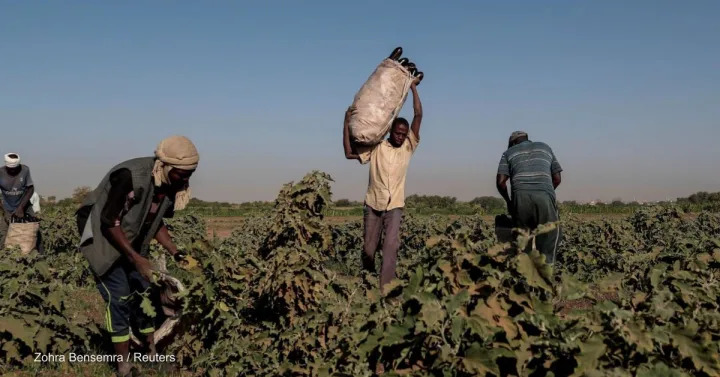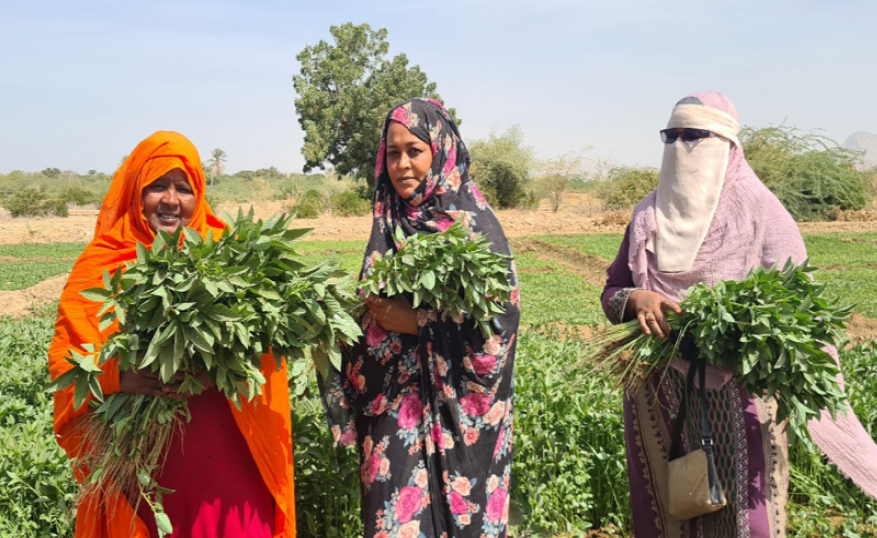“Our mission is simple but urgent: availability of fertilizer for the entire country of Sudan, affordability for the smallholder farmers who need it most,” said Ben Valk, Sustain Africa.
Partners from across Africa and beyond convened in Nairobi for the Sustain Sudan Project inception meeting, charting a clear course for collaborative action to address Sudan’s urgent food security challenges.
The two-day meeting brought together key implementing and strategic partners — Sustain Africa, IFDC, CIMMYT, the Clingendael Institute, and 249Startups — alongside donor and private sector representatives. Discussions centered on aligning strategies, refining operational plans, and reinforcing a shared commitment to support Sudanese farmers amid a complex political and humanitarian context.
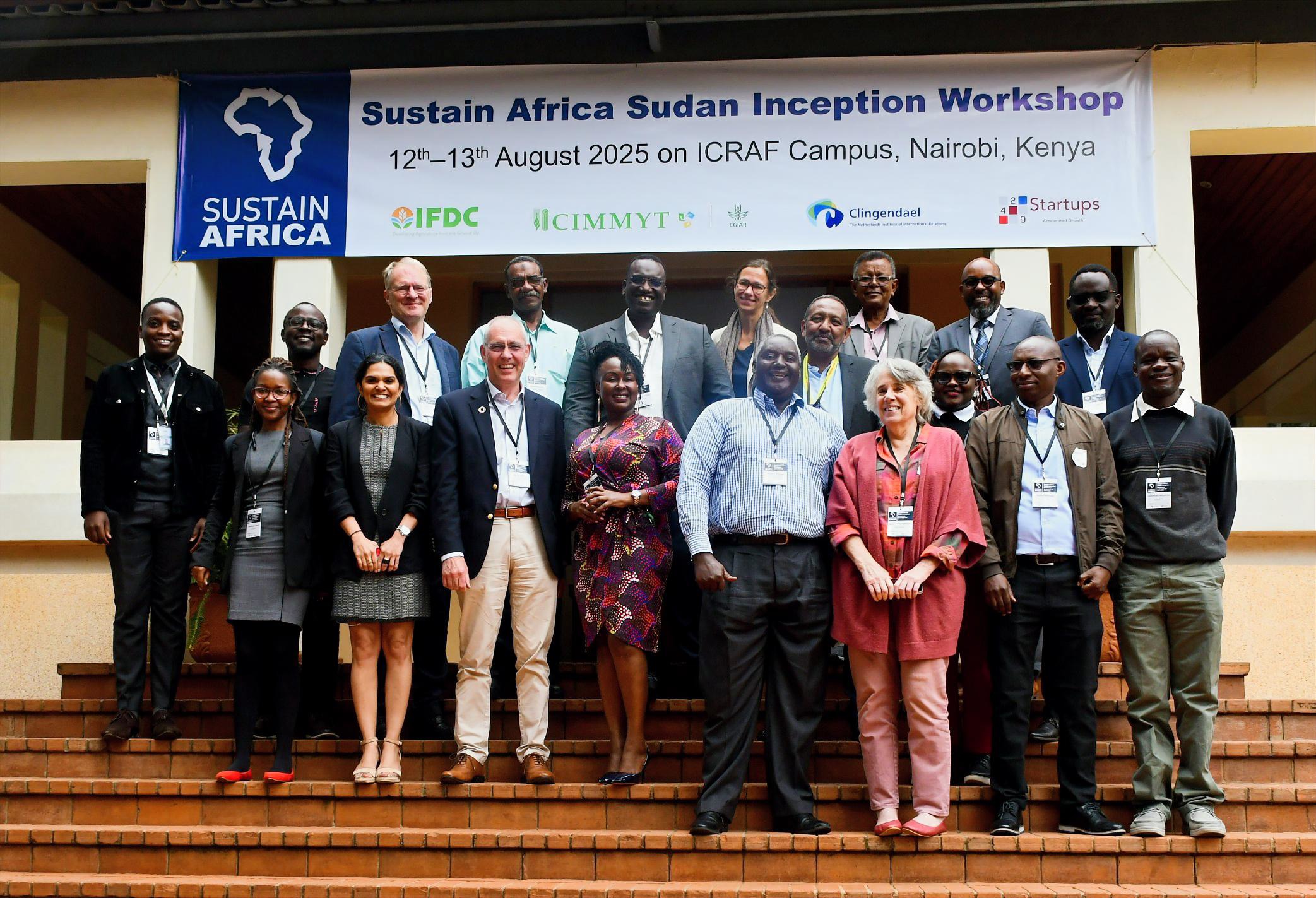
Reviving food production in difficult times
Sudan is facing one of the worst humanitarian crises in modern times. The power struggle between the regular army (SAF) and the paramilitary movement (RSF) that has raged on for over two years has shattered livelihoods, leaving more than half of the population — 25 million people — acutely food insecure. In 2023 alone, cereal harvests fell by nearly half, and this year the country is bracing for a shortfall of 1.9 million metric tons of food.
Before the conflict, Sudan was two-thirds self-sufficient in grain production. Now, in large parts of the country, fields lie empty, farming systems are in disarray, communities have been uprooted, and the cost of basic inputs has soared.
Sudan’s agricultural potential remains strong despite ongoing conflict and macroeconomic instability. Sustain Sudan is tapping into this resilience to roll out a plan to get farming back on its feet where security allows. The ultimate goal is to reduce hunger by reviving local food production, prioritizing affordable access to quality fertilizer, seeds, and crop protection products for farmers in safer regions.
“This project is about practical solutions that work in today’s realities,” said Ben Valk from Sustain Africa, the Project Lead and Strategic Coordinator. “By bringing the right partners together, we can secure fair prices and keep supply chains moving. We are supporting farmers in Sudan to keep producing food despite the challenges.”
The project takes a market-based approach, working with existing agro-dealers, logistics providers, and financial institutions to restore input supply chains. This model is designed to strengthen private sector resilience, with a special focus on small- and medium-sized enterprises, so that Sudan can emerge from the crisis with a sustainable agricultural economy.
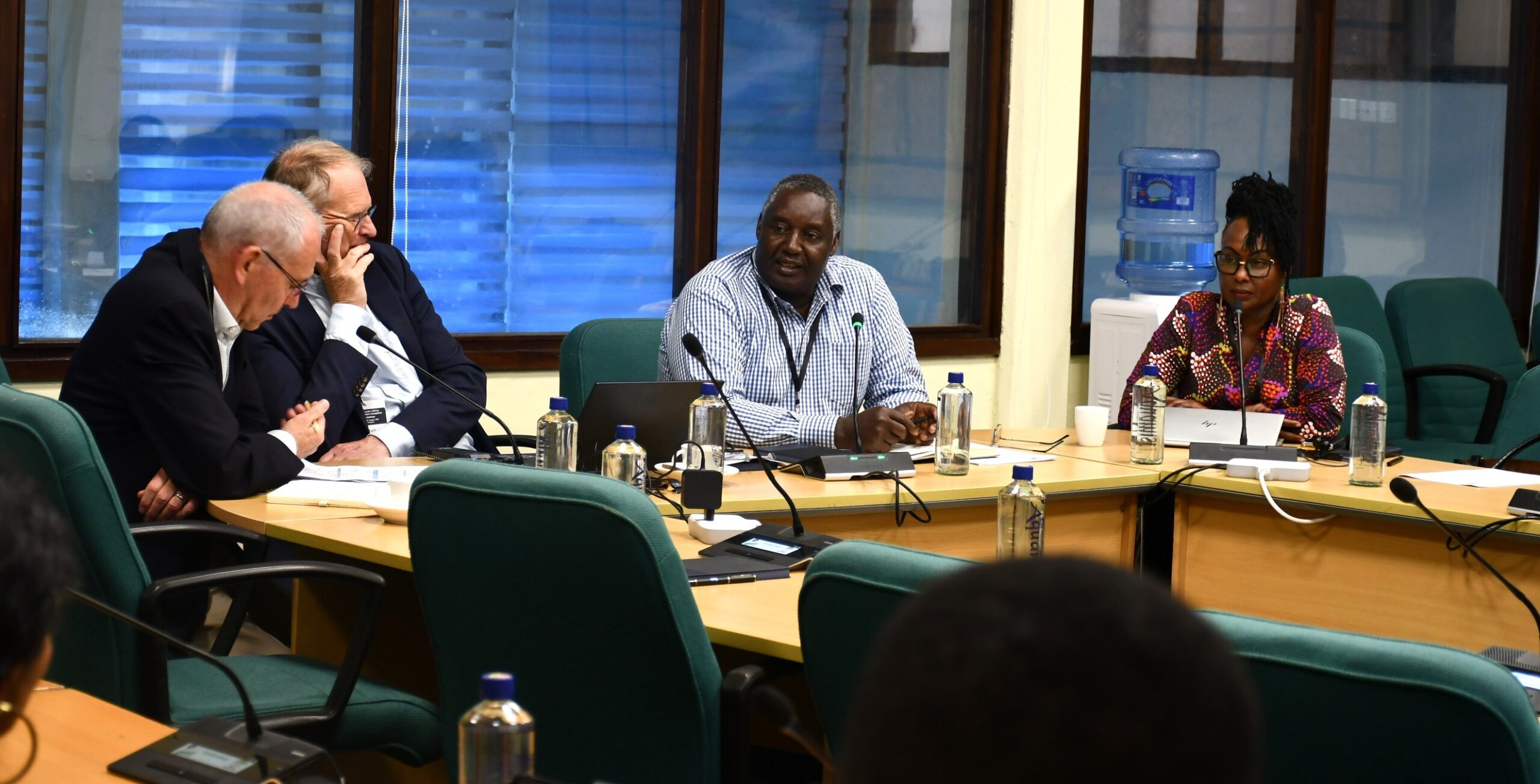
Collaboration with purpose
The meeting fostered a spirit of collaboration, giving partners the space to align priorities, share expertise, and build trust. Conversations focused on coordinated strategies to address Sudan’s agricultural needs while navigating the realities of a volatile security and economic environment.
“Operating in a protracted war situation demands political awareness and conflict sensitivity,” said Anette Hoffmann of the Clingendael Institute, the project’s Political and Conflict Adviser. “Every delivery decision is guided by the local context dynamics, with the aim to mitigate the risk of exacerbating tensions and reinforcing structural conflict drivers. We start by sourcing and delivering to the safer areas and only expand when conditions allow.”
By the end of the two-day workshop, there was a clear sense of direction and determination to adjust as needed.
“With the experience we have working in Sudan, we will apply evidence-based approaches to make input delivery efficient, secure, and tied to agronomic support,” said Moses Siambi, CIMMYT Regional Director for Africa. “By combining digital tracking, market oversight, and targeted extension, we aim to help farmers use inputs effectively, protect market integrity, and strengthen Sudan’s food security.”
CIMMYT is the project lead implementing partner.
A scalable, locally driven model
Sustain Sudan will work through local networks to deliver 260,000 metric tons of subsidized fertilizers and other essential farm inputs during the 2025–2026 seasons. The initiative aims to cultivate 1.7 million acres of farmland, directly engage 350,000 farmers, and ultimately support two million households in achieving food security. Yield gains of at least 40% are projected compared to non-fertilized plots, reinforcing the program’s focus on productivity, resilience, and impact at scale.
Instead of free handouts, the project offers targeted price discounts — at least 30% at retail — paired with training, digital advisory services, and a voucher system for smallholders. This keeps markets functioning, supports local businesses, and gives farmers both the tools and knowledge to increase production.
Looking beyond the season
While the immediate priority is boosting food production, the project’s longer-term vision is resilience. Strengthening the private agricultural sector now will help Sudan emerge from conflict with strong markets, capable traders, and reliable distribution networks.
“The market has become extremely challenging,” said a private sector representative. “I’m encouraged by the project’s plans to combine bulk procurement with cost-effective alternatives, along with trade guarantees and transport insurance. These measures will make vital inputs far more accessible for both traders and farmers.”
For the winter 2025 season, the project will focus on delivering 50,000 metric tons of essential fertilizers — DAP, Urea, Ammonium Sulphate, and NPK blends.
In 2026, the plan is to expand to seeds and crop protection products while scaling up farmer outreach and support programs.
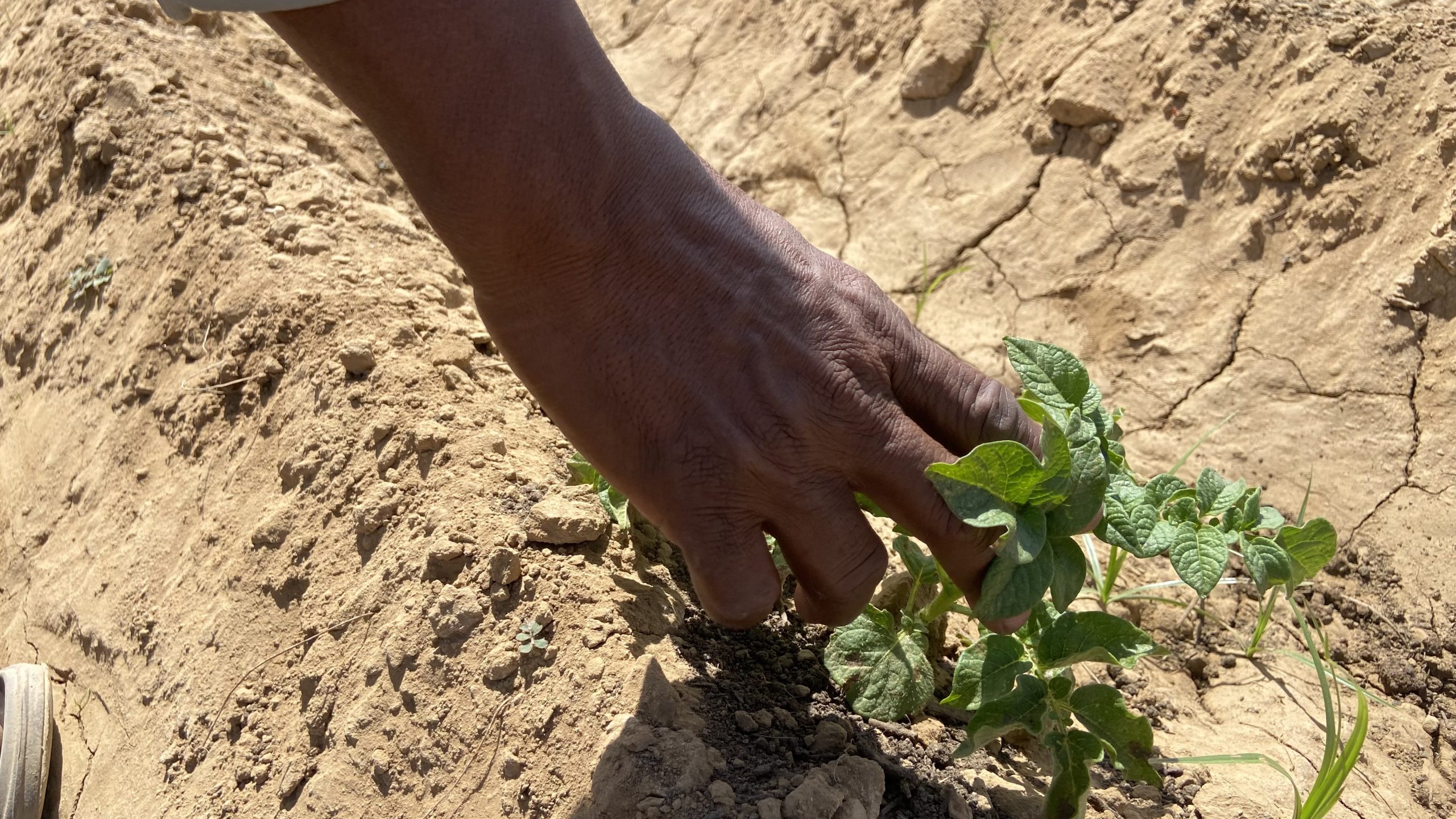
 Capacity development
Capacity development 